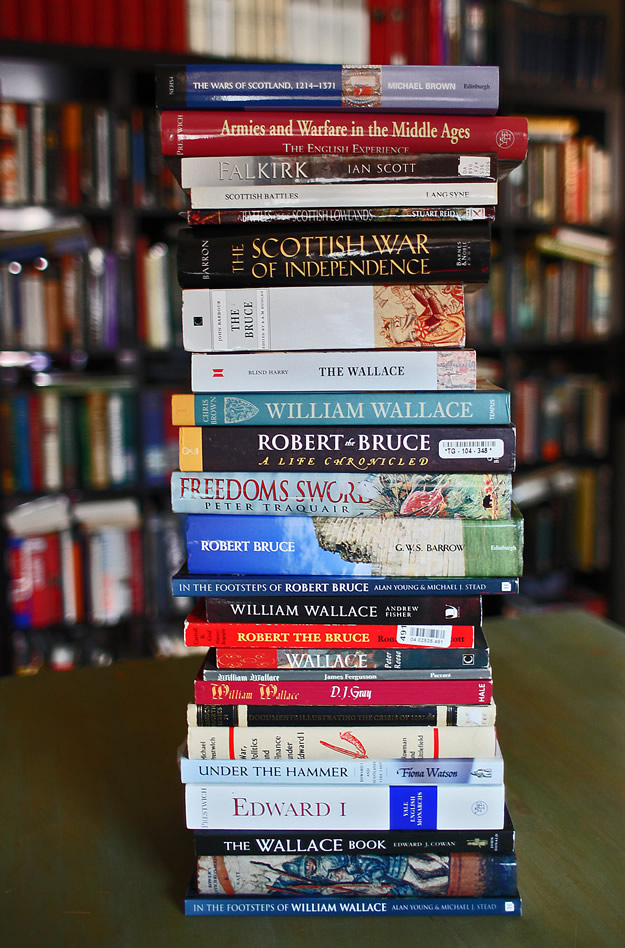Historiography is not a popular topic among students.
A Classics undergrad at Temple received a B on her paper, with a comment by the teacher on the lack of secondary sources. The student responded, “I cited all primary sources. Why do I need secondary sources?”
At AMU, graduate history students are required to take a Historical Methods course as well as a Historiography course. I hear students complain about the historiography course more than any other course, referring to it as “painful” and “hard.”
One professor at a prominent university told me how some of her students find historiography difficult to master, as they “tend to see historiography as a chore they must perform before moving on to more ‘sexy’ types of analysis.”
The Importance of Historiography
Yet, the importance of historiography is clear. No historian should reinvent the wheel, but instead stand on the shoulders of predecessors. Learn from their conclusions, good or bad, while understanding the context of and influences on their work.
The neglect of historiography is apparent in each field of history, but it comes up a lot in Civil War history where massive volumes of official war records, diaries, and letters are readily accessible online. It is tempting to use only these primary sources without ever referencing the past 150 of historiography.
Civil War blogger Dimitri Rotov has aggressively addressed the issue on multiple occasions:
When an author cites no secondary sources but goes back to the OR [Official Records] to write an account of this or that, when the OR cited is selective and dishonest, when the author claims no influence from major recent books (or if that influence is not visible in the work), put that author’s book down, ignore it, and mark the author as unworthy of further reading.
Why do students dread historiography?
Yet, students continue to dread historiography, which obviously follows them into their professional careers. Why do they dread it?
The problem lies in how we teach students in their historical craft. As we teach prospective historians about primary, secondary, and tertiary sources, primary sources are always king. We give students the perspective that there is something pure about relying only on these sources closest to the events. We inundate students with letters, diaries, eyewitness accounts, and other sources, asking them to interpret what they see.
Yes, this is critical to the molding of a historian. However, there is no similar process for secondary sources. We do not force students to read good and bad history, asking them to interpret or understand the context of which it was written. The most schools typically do is explain that Wikipedia is not a reliable source. Ho-hum.
Yes, many schools offer historiography in postgraduate courses, but prospective historians need it earlier in their careers.
Why do students dread historiography? We have taught them to value primary sources over everything else at the cost of stripping all value from secondary sources.
This needs to change.

